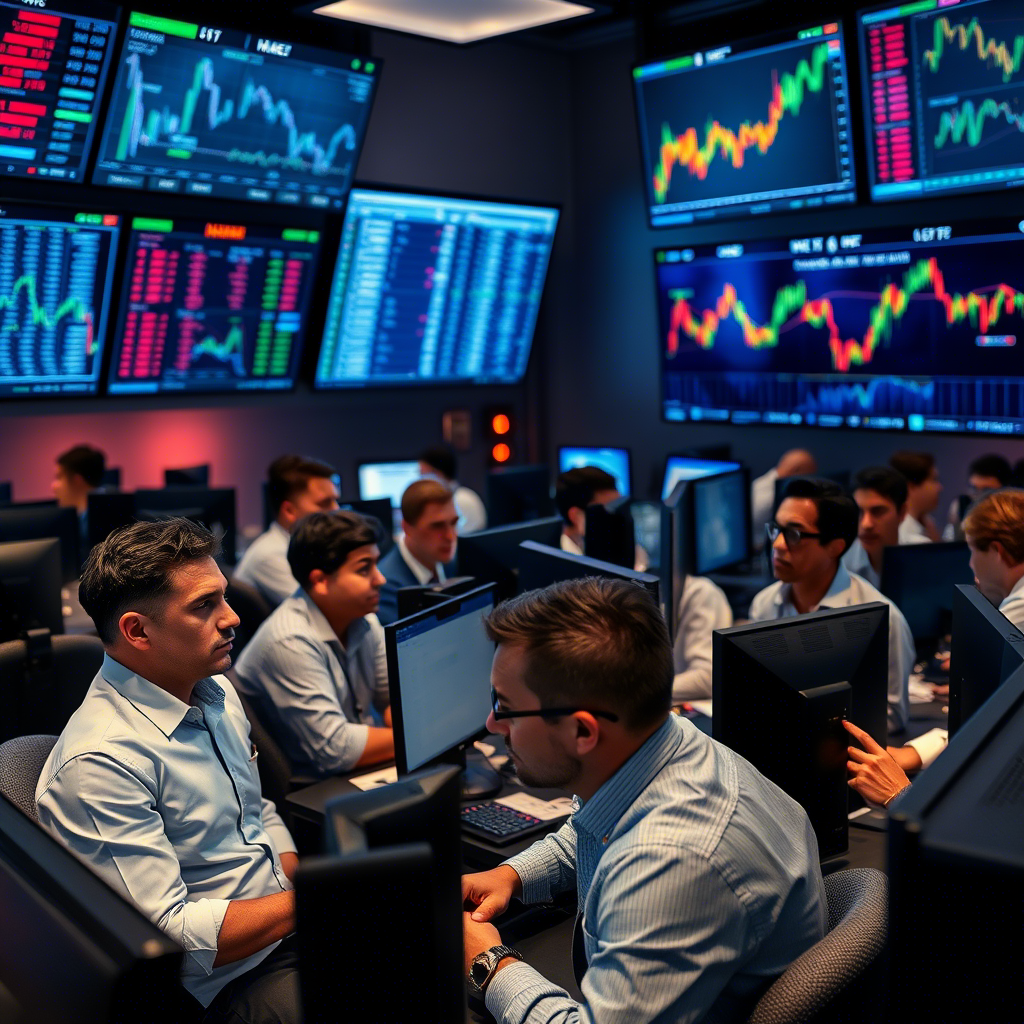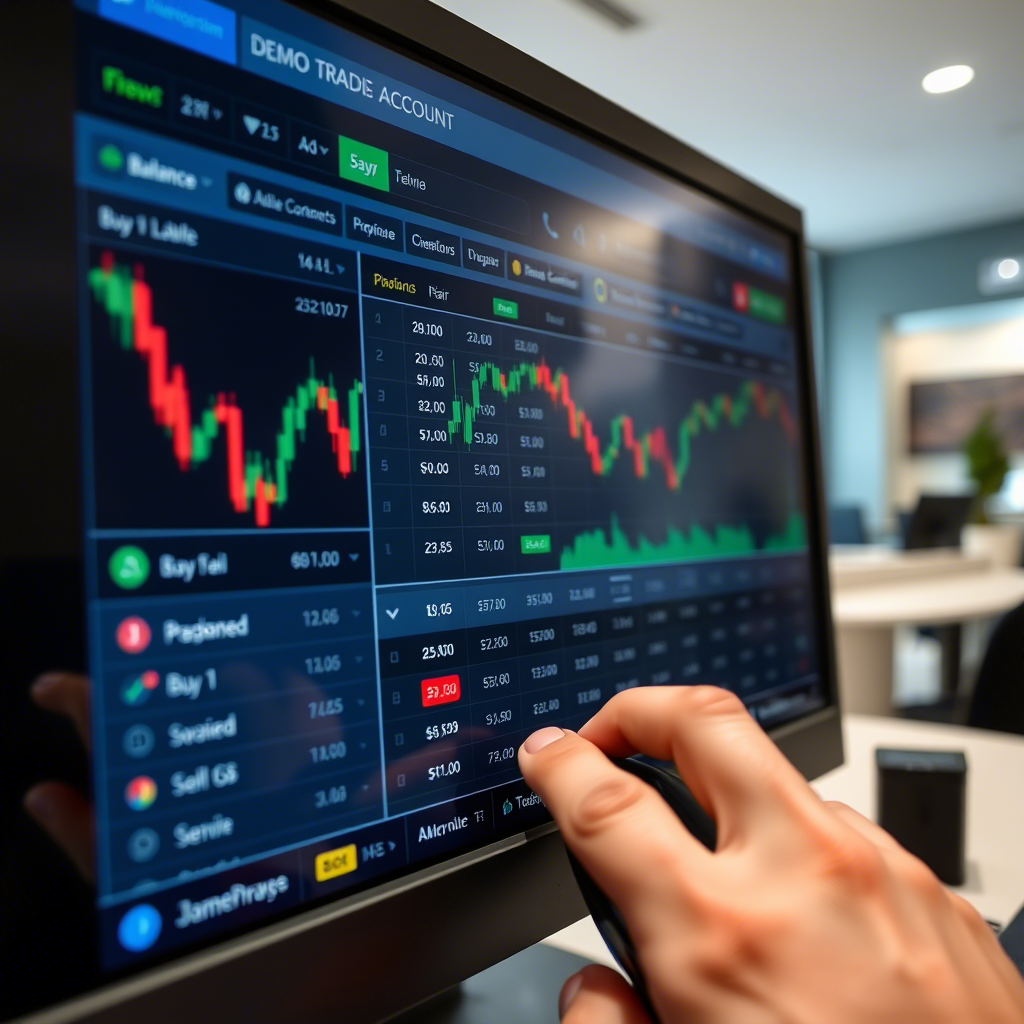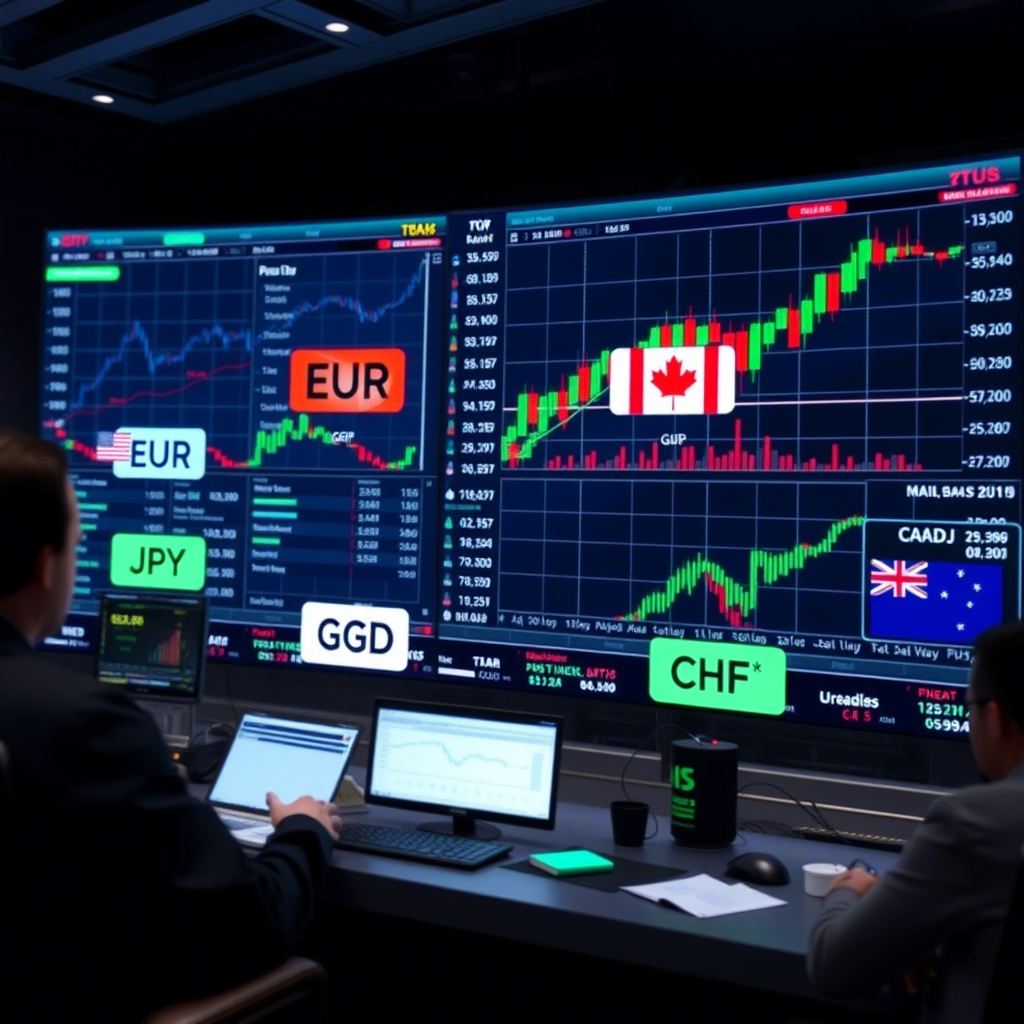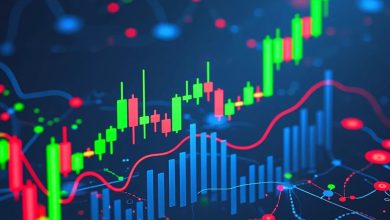Economic News: Your Key to Mastering Forex Trading

What Is Economic News in Forex Trading?
Economic news refers to data releases, policy announcements, and global events that impact a country’s economy and, consequently, its currency. These include indicators like GDP growth, inflation rates, unemployment figures, and central bank decisions on interest rates. In forex, economic news acts as a catalyst, triggering volatility and price swings as traders react to new information.
For example, a strong US jobs report might boost the US dollar, while a surprise interest rate cut by the European Central Bank could weaken the euro. By staying informed, traders can anticipate these movements and position themselves for profit.
Why Economic News Matters in Forex
Economic news is a cornerstone of forex trading for several reasons:
-
Drives Volatility: Major announcements often cause sharp price movements, creating trading opportunities.
-
Shapes Market Sentiment: Positive or negative news influences whether traders are bullish or bearish on a currency.
-
Guides Fundamental Analysis: News provides the data needed to assess a currency’s long-term strength.
-
Affects Central Bank Policies: Economic indicators influence decisions like rate hikes or stimulus, impacting currency supply and demand.
Ignoring economic news is like trading blindfolded—it’s essential for informed decision-making.
Types of Economic News That Impact Forex
Not all economic news carries the same weight. Here’s a breakdown of the most influential types and their effects.
1. Interest Rate Decisions
Central banks, like the Federal Reserve or Bank of England, set interest rates, which directly affect currency demand:
-
Rate Hikes: Attract foreign investment, strengthening the currency.
-
Rate Cuts: Reduce demand, weakening the currency.
-
Forward Guidance: Hints about future rate changes can spark immediate market reactions.
For example, a Fed rate hike often boosts USD pairs like USD/JPY.
2. Employment Data
Employment reports, such as the US Non-Farm Payrolls (NFP), reflect economic health:
-
Strong Data: Low unemployment or high job growth signals a robust economy, boosting the currency.
-
Weak Data: Rising unemployment can weaken a currency as investors lose confidence.
NFP, released monthly, is one of the most market-moving events in forex.
3. Inflation Reports
Inflation measures, like the Consumer Price Index (CPI), influence central bank policies:
-
High Inflation: May prompt rate hikes, strengthening the currency.
-
Low Inflation: Could lead to stimulus or rate cuts, weakening the currency.
Traders watch CPI closely to predict policy shifts.
4. GDP Growth
Gross Domestic Product (GDP) measures economic output:
-
Strong GDP: Signals growth, increasing currency demand.
-
Weak GDP: Indicates economic slowdown, reducing currency appeal.
Quarterly GDP releases can cause significant volatility in pairs like EUR/USD.
5. Geopolitical Events
While not strictly economic, geopolitical developments like elections, trade deals, or conflicts impact markets:
-
Stability: Boosts confidence in a currency (e.g., a favorable trade agreement).
-
Uncertainty: Drives safe-haven demand for currencies like USD or CHF.
For instance, Brexit news heavily influenced GBP volatility.
How Economic News Affects Currency Prices
Economic news creates price movements through shifts in supply and demand:
-
Positive News: Increases demand for a currency, driving its value up (e.g., strong UK retail sales lift GBP).
-
Negative News: Increases supply as traders sell, pushing the currency down (e.g., weak Japanese GDP weakens JPY).
-
Unexpected Results: Deviations from forecasts (e.g., higher-than-expected CPI) cause sharper volatility than anticipated results.
Traders use this dynamic to enter trades before, during, or after news releases, depending on their strategy.
Strategies for Trading Economic News
Leveraging economic news requires a clear strategy. Here are three effective approaches:
1. News Trading
What It Is: Entering trades immediately after high-impact news releases to capitalize on volatility.
How It Works:
-
Monitor an economic calendar for events like NFP or ECB rate decisions.
-
Analyze the actual data versus forecasts (e.g., higher-than-expected US jobs growth).
-
Enter buy or sell trades based on the currency’s reaction, using tight stop-losses.
Pros: Large profit potential in short timeframes. Cons: High risk due to unpredictable volatility. Best For: Experienced day traders.
2. Pre-News Positioning
What It Is: Anticipating market reactions before a news release and entering trades early.
How It Works:
-
Study historical data and forecasts (e.g., Fed likely to hike rates based on strong CPI).
-
Identify supply/demand zones on charts for entry points.
-
Place trades with stop-losses, expecting a move post-news.
Pros: Avoids post-news volatility; aligns with trends. Cons: Risk of misjudging market expectations. Best For: Swing traders with strong fundamental analysis skills.
3. Post-News Trend Following
What It Is: Waiting for the initial volatility to settle and trading the resulting trend.
How It Works:
-
Observe price action after a news release (e.g., USD strengthens post-NFP).
-
Use indicators like moving averages to confirm a trend.
-
Enter trades in the trend’s direction, riding sustained moves.
Pros: Lower risk than news trading; captures longer moves. Cons: May miss the initial spike. Best For: Traders preferring medium-term trades.
How to Stay Informed About Economic News
Staying ahead of economic news is critical. Here’s how to keep up:
1. Use an Economic Calendar
Websites like Forex Factory, Investing.com, or DailyFX provide calendars listing upcoming events, their expected impact, and forecasts. Check daily to plan your trades.
2. Follow Financial News Outlets
Sources like Bloomberg, Reuters, or CNBC offer real-time updates on economic developments and central bank statements.
3. Monitor Central Bank Announcements
Visit central bank websites (e.g., federalreserve.gov, ecb.europa.eu) for policy statements, minutes, or speeches that hint at future actions.
4. Join Trading Communities
Forums, social media groups, or platforms like TradingView share insights on how news might impact markets.
Tips for Trading Economic News
Maximize your success with these practical tips:
-
Practice in a Demo Account: Test news-trading strategies risk-free to build confidence.
-
Focus on High-Impact News: Prioritize events like NFP, rate decisions, or CPI for bigger opportunities.
-
Use Risk Management: Set stop-losses and risk only 1-2% per trade to handle volatility.
-
Avoid Overtrading: Limit trades during news to avoid emotional decisions.
-
Combine with Technicals: Use supply/demand zones or indicators to confirm news-driven moves.
Common Mistakes to Avoid
Steer clear of these pitfalls when trading economic news:
-
Trading Every Release: Low-impact news may not move markets significantly, wasting time and capital.
-
Ignoring Spreads: Brokers often widen spreads during news, increasing costs.
-
Neglecting Time Zones: News timing varies (e.g., NFP at 8:30 AM EST); ensure you’re available.
-
Overleveraging: High volatility can amplify losses if leverage is too high.
-
Chasing Volatility: Entering trades without a plan during wild swings often leads to losses.
Tools to Enhance News Trading
Leverage these tools to stay informed and trade effectively:
-
Economic Calendars: Forex Factory or BabyPips for event schedules.
-
Trading Platforms: MetaTrader 4/5 or cTrader for real-time charts and news feeds.
-
News Aggregators: Bloomberg Terminal or Reuters for instant updates.
-
Trading Journals: Log trades to analyze how news impacts your performance.
Conclusion
Economic news is the heartbeat of forex trading, driving volatility and shaping currency prices. By understanding key events like interest rate decisions, employment data, and GDP releases, traders can seize profitable opportunities. Whether you’re news trading for quick gains or positioning for longer trends, staying informed and disciplined is key. Use economic calendars, practice in a demo account, and combine news with technical analysis to boost your edge. Start tracking economic news today, and unlock the potential to thrive in the forex market!




